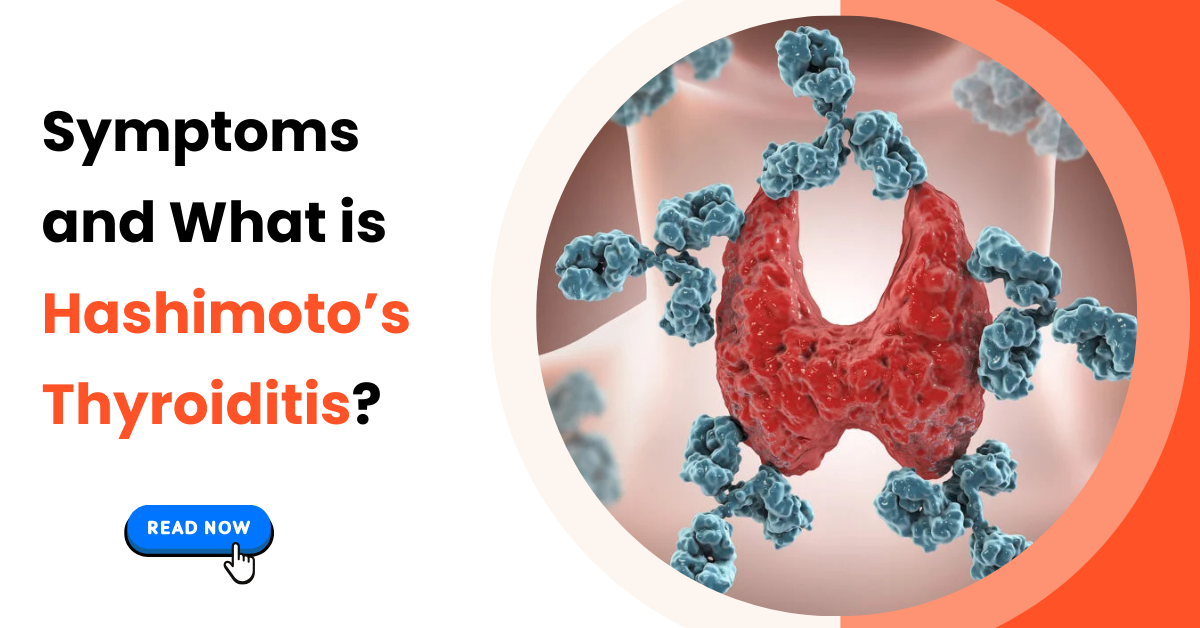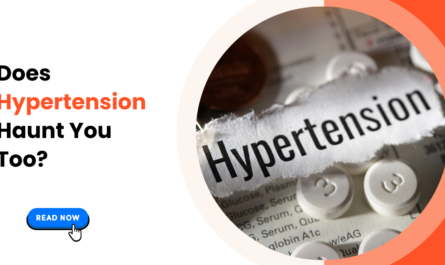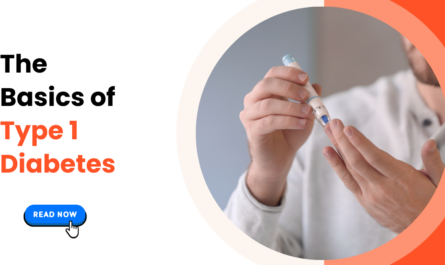Somewhere between 15 and 21 million people have Hashimoto’s Thyroiditis, an autoimmune form of hypothyroidism that results in glandular damage when the immune system mistakenly attacks the thyroid. It is the most common cause of thyroiditis in the United States.

Seven out of eight victims of thyroid disease are women, so while there are certainly men who are battling this relatively common autoimmune disorder, it is primarily a women’s health issue.
Even more people are probably walking around in the early stages, undiagnosed or misdiagnosed, and they may remain that way for years – even after symptoms have started to significantly interfere with their lives.
Hasnimoto’s Thyroiditis Symptoms
Because of the individual nature of Hashimoto’s — meaning that your own genetic landscape, lifestyle and environmental factors, age, and overall health will impact what symptoms you have – it’s difficult to create a single, complete list of symptoms. However, the following seem to be common and are in many cases the ones that can lead to an official diagnosis when viewed collectively by a practitioner who is well-versed in the disease:
- Fatigue, often chronic and debilitating
- Weight gain or inability to lose weight
- Constipation, usually chronic and long-term
- Sensitivity to cold, especially in the hands and feet
- Dry skin that usually worsens significantly in the winter months
- Depression and feelings of sadness or hopelessness
- Muscular aches, pains, and cramps that can sometimes be misdiagnosed as fibromyalgia or rheumatoid arthritis (or can exist alongside these two related autoimmune disorders)
- Reduced ability to tolerate exertion, i.e. fatigue on walking even short distances, inability to exercise, or feelings of lightheadedness when standing for too long
- Irregular or extremely heavy menstrual periods
- Infertility or recurrent pregnancy loss
- Dry, brittle, and dull hair, skin and nails
- Low basal body temperature
- Elevated LDL cholesterol
- Insomnia or fatigue even after sleeping normal hours
- Anxiety, mood swings, and mood disorders (sometimes misdiagnosed as a major depressive disorder or bipolar disorder, but can exist alongside these conditions, too)
- Tenderness or pain in the lower throat where the thyroid sits, frequent sore throats not associated with sickness, or swelling of the throat, known as a “goiter” or enlarged thyroid gland
- Increased susceptibility to a viral or bacterial infections: feeling of always being sick or picking up every bug that’s going around
- Increase incidence of diabetes.



